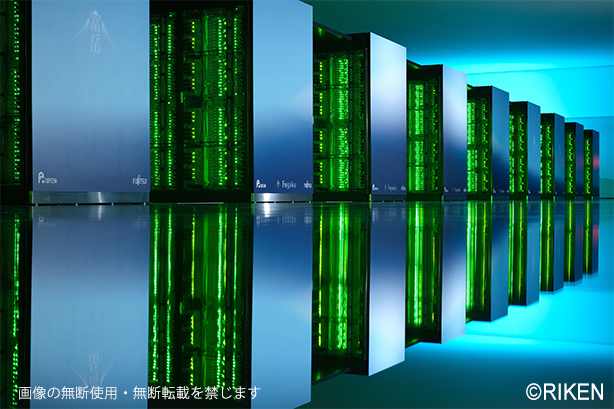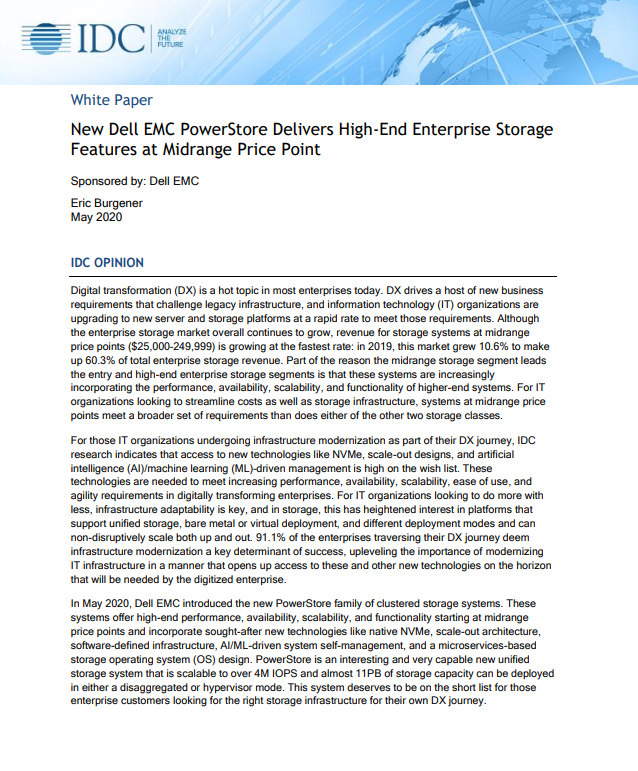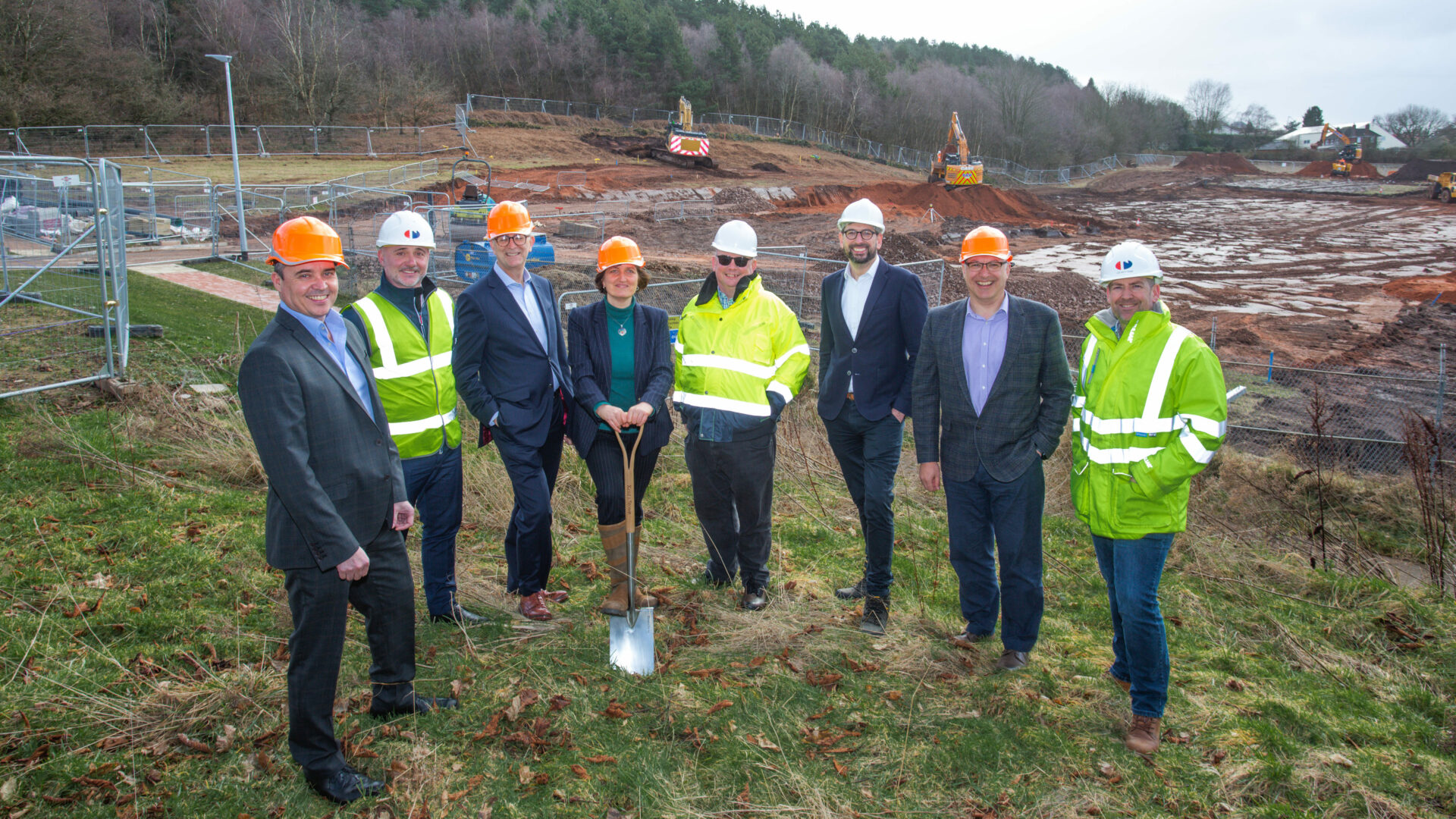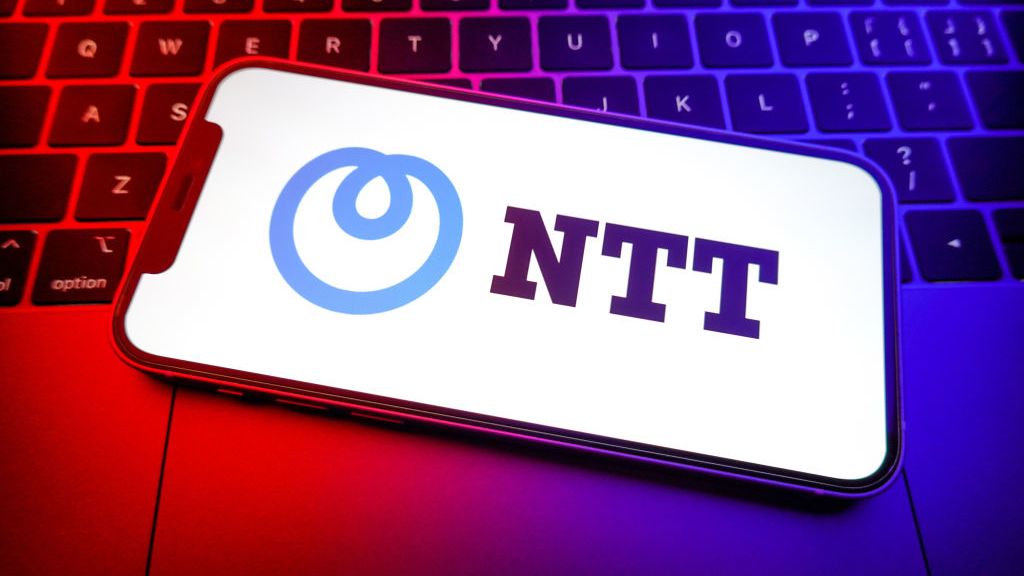Japan's Fugaku retains title of world's fastest supercomputer
The Arm-based machine was three times as fast as the machine that came second in the ranking


Japanese supercomputer Fugaku has been named the fastest supercomputer in the world for the third consecutive time, beating competitors from China and the US.
Fugaku, a system developed by Fujitsu and the Japanese research institute Riken, held onto the top spot on the TOP500 list - which is released every June and November - for the third time. The supercomputer, which is based on Fujitsu’s custom Arm A64FX processor with 7,630,848 cores, had an HPL benchmark score of 442 Pflop/s - 3x faster than the IBM supercomputer in second place.
Furthermore, when it comes to single or further reduced precision, which is often used in machine learning and AI, Fugaku’s peak performance is above an exaflop, which has seen some name the machine the first “Exascale” supercomputer. Fugaku, which is named after Japan’s tallest mountain, Mt. Fuji, demonstrated this new level of performance on the new HPL-AI benchmark with 2 Eflop/s.
In second place, IBM’s Summit remains the fastest system in the US with a score of 148.6 Pflop/s on the HPL benchmark. Summit has 4,356 nodes, each housing two Power9 CPUs with 22 cores each and six Nvidia Tesla V100 GPUs, each with 80 streaming multiprocessors.
This was followed by another US supercomputer, Sierra, in third place with a score of 94.6 Pflop/s. It has 4,320 nodes with two Power9 CPUS and four Nvidia Tesla V100 GPUs, similar to the Summit’s architecture.
RELATED RESOURCE

How upgraded server and storage platforms support digital transformation
New Dell EMC PowerStore delivers high-end enterprise storage features at midrange price point
In fourth place came China’s Sunway Taihulight, developed at the National Supercomputing Centre in Wuxi. It reached 93 Pflop/s with its 10,649,600 cores.
“Fugaku is a crystallization of the world's most advanced IT technology, combining high performance, low power consumption, and user friendliness,” said Satoshi Matsuoka, director at Riken.
Sign up today and you will receive a free copy of our Future Focus 2025 report - the leading guidance on AI, cybersecurity and other IT challenges as per 700+ senior executives
“In addition to topping the major benchmarks of simulations, big data, and AI for the third consecutive term, it has also made a major contribution to the establishment of COVID-19 safety guidelines for the government and private sector, and has helped lead a digital transformation in the area of infectious diseases. With this continued dominance we have [sic[ shown that Fugaku is leading the world in a range of areas.”
Last year, the TOP500 benchmarking index of the world’s most powerful supercomputers was topped for the first time by Fugaku, a system powered by an Arm processor. The system, which is installed at the Riken Center for Computational Science (R-CCS) in Kobe, Japan, is part of a national plan to address social and scientific challenges, including the search for COVID-19 treatments.
Zach Marzouk is a former ITPro, CloudPro, and ChannelPro staff writer, covering topics like security, privacy, worker rights, and startups, primarily in the Asia Pacific and the US regions. Zach joined ITPro in 2017 where he was introduced to the world of B2B technology as a junior staff writer, before he returned to Argentina in 2018, working in communications and as a copywriter. In 2021, he made his way back to ITPro as a staff writer during the pandemic, before joining the world of freelance in 2022.
-
 Morgan Stanley research warns AI is having a huge impact on jobs
Morgan Stanley research warns AI is having a huge impact on jobsNews Analysis of five sectors highlights an "early warning sign" of AI’s impact on jobs
-
 AI is “forcing a fundamental shift” in data privacy and governance
AI is “forcing a fundamental shift” in data privacy and governanceNews Organizations are working to define and establish the governance structures they need to manage AI responsibly at scale – and budgets are going up
-
 Google claims its AI chips are ‘faster, greener’ than Nvidia’s
Google claims its AI chips are ‘faster, greener’ than Nvidia’sNews Google's TPU has already been used to train AI and run data centres, but hasn't lined up against Nvidia's H100
-
 Princeton Digital Group reveals "wise" $1 billion+ Indonesia data centre investment to service Singapore
Princeton Digital Group reveals "wise" $1 billion+ Indonesia data centre investment to service SingaporeNews The new investment will help customers located in Singapore expand their infrastructure
-
 £30 million IBM-linked supercomputer centre coming to North West England
£30 million IBM-linked supercomputer centre coming to North West EnglandNews Once operational, the Hartree supercomputer will be available to businesses “of all sizes”
-
 Japanese telco NTT to invest $3.5 billion in Indian data centres
Japanese telco NTT to invest $3.5 billion in Indian data centresNews The money marks a steep increase in the telco's investment compared to recent years
-
 Bharti Airtel continues data centre "expansion spree" with £200m Hyderabad investment
Bharti Airtel continues data centre "expansion spree" with £200m Hyderabad investmentNews This company is expecting to triple its capacity over the next four years
-
 AWS launches Australia's first local zone for low-latency workloads and data residency
AWS launches Australia's first local zone for low-latency workloads and data residencyNews The company is aiming to help customers who need infrastructure closer to their data sources or end-users
-
 How quantum computing can fight climate change
How quantum computing can fight climate changeIn-depth Quantum computers could help unpick the challenges of climate change and offer solutions with real impact – but we can’t wait for their arrival
-
 “Botched government procurement” leads to £24 million Atos settlement
“Botched government procurement” leads to £24 million Atos settlementNews Labour has accused the Conservative government of using taxpayers’ money to pay for their own mistakes
